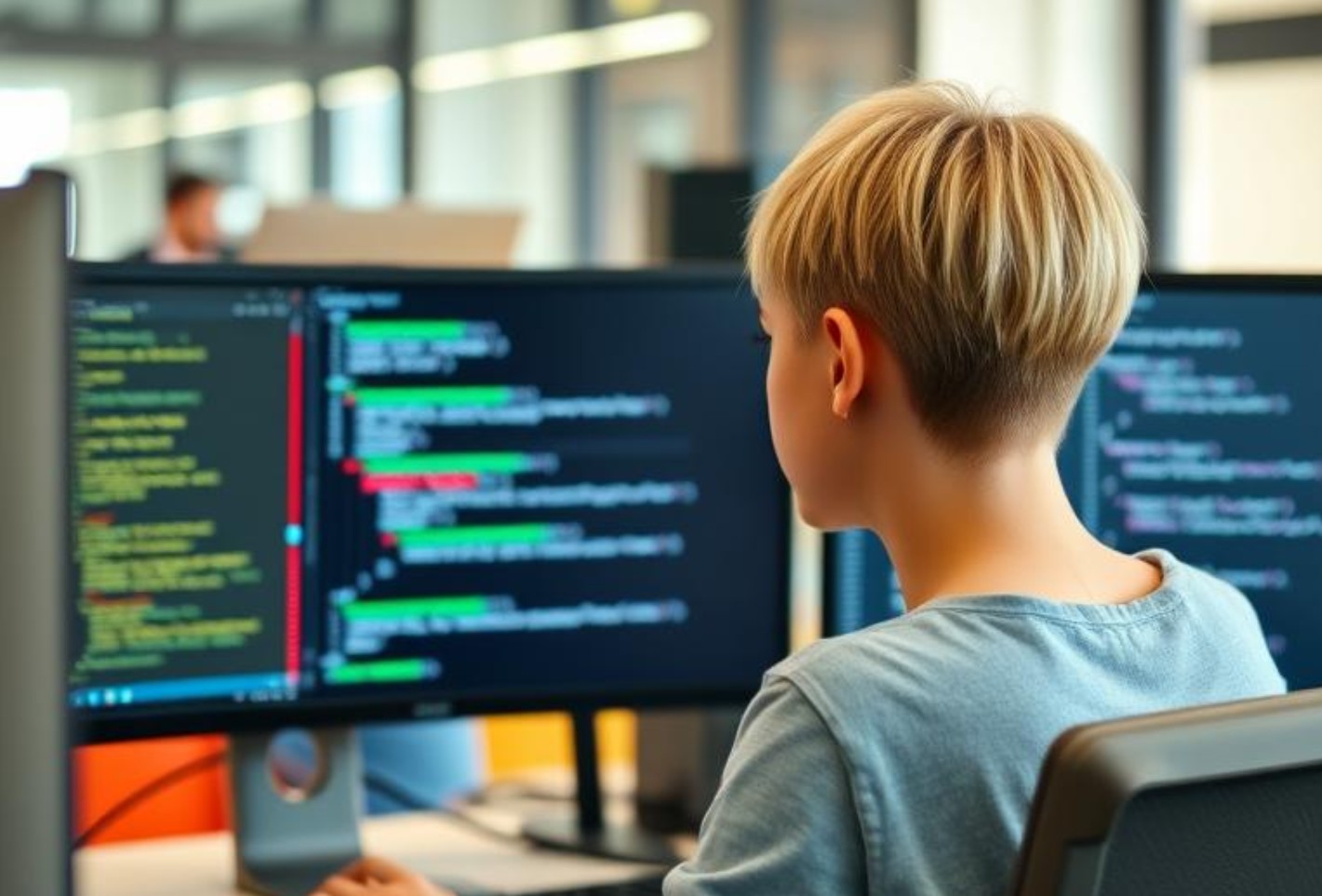
For decades, computer science was considered a stable career choice, brimming with opportunities. Today, however, students, universities, and businesses face a radically changed landscape, where once-certain career paths have become more challenging, uncertain, and competitive than ever before.
The topic was the focus of a recent episode of the podcast Nova’s Particles of Thought , hosted by astrophysicist Hakeem Oluseyi. Among the guests was Hany Farid, a professor of computer science at the University of California, Berkeley, who discussed how the field has changed in just a few years.
Farid explained that, until four years ago, the widespread belief was that a computer science graduate had a guaranteed career . Today, even graduates from the most prestigious university programs struggle to find work. The professor gave the direct example of his son, who faces difficulties entering the market, calling the situation “shocking.”
According to Farid, attributing the crisis solely to artificial intelligence would be reductive. AI certainly plays a role, but other factors also play a role: the shrinking of companies, the restructuring of the sector, and the changing skill requirements. At Berkeley, the shift is evident: where once students could count on multiple internship and job offers, today they often have to settle for just one, at best. The era of guaranteed high salaries seems to be over.
Meanwhile, Silicon Valley is discussing new trends like “vibe coding,” while AI giants are positioning themselves as key drivers of transformation . Bret Taylor, president of OpenAI, emphasized that studying computer science remains valuable, not just for its technical skills, but for its ability to develop critical thinking and fundamental knowledge that can be applied to a variety of contexts.
In this scenario, Farid suggests a different approach to education . While in the past he advised students to focus on a core subject, complemented by complementary knowledge, today he encourages them to build transversal skills. Philosophy, languages, physics, and history become useful tools for becoming more flexible in the face of an uncertain future.
The professor also emphasizes that the challenges are not limited to computer science.
Automation and artificial intelligence are transforming professions in general. According to him, AI won’t eliminate entire job categories, but it will create a clear divide between those who adopt it and those who are left behind . ” I don’t think lawyers will disappear because of artificial intelligence,” Farid observes, “but those who use it will have a decisive competitive advantage over those who don’t. And this applies to every profession.”
Follow us on Google News to receive daily updates on cybersecurity. Contact us if you would like to report news, insights or content for publication.
